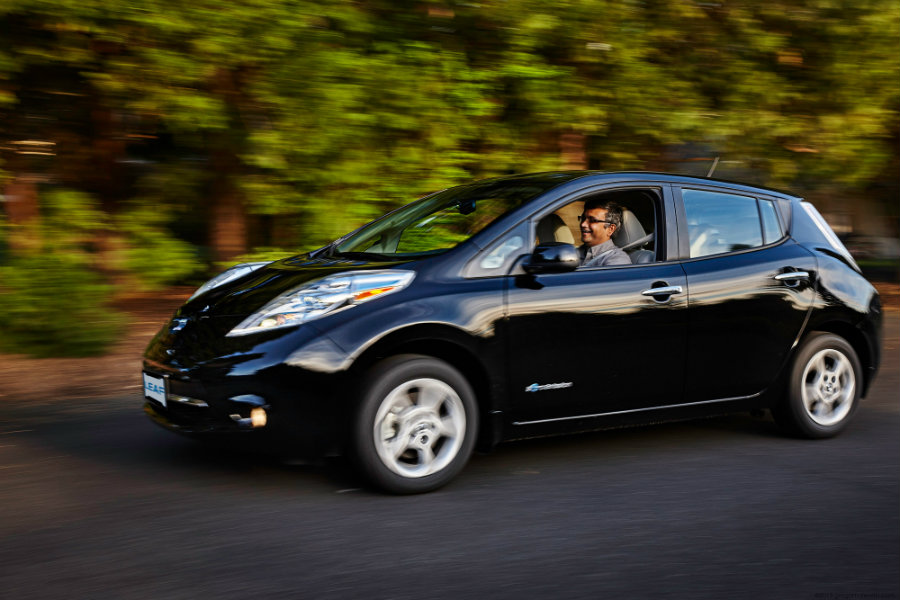Nissan revealed its intentions for launching an all-electric Leaf in London after the tests for their Piloted Drive system proved to be successful.
The objective is to begin full production of the automated Leaf by 2020, but only if governments move fast enough to accommodate new legislation to account for the accidents caused by self-driven vehicles.

The rate of traffic accidents stands at 95 percent due to human error, suggesting that self-driven cars could be the best thing that’s ever happened to cars, drivers, and pedestrians when it comes to safety.
Nissan steps with its Leaf in London
Nissan will start inviting people to ride the Leafs so they can have a first-hand experience of the reality of automated, electric vehicles. The Leaf is intended as an entry-level vehicle, seeing that BMW, Volvo, and Tesla are already enjoying profits from selling their luxury models.
Besides protecting people from accidents, the idea of having an automated car is to allow the driver and passengers to do other things while they ride a car. During the test ride, passengers will be escorted by backup drivers at all times, as politicians, legislators, and transit safety officials are also expected to take part in the first trips performed by Nissan’s automated vehicle in London.
Some imply that it is because Nissan will open a factory in England that it received clearance from the government to test its vehicles.
“Government and industry are working together to build on our world-class reputation for excellence as a leading location for automotive R&D and manufacturing. We want to see centres, like Nissan’s here in Cranfield, continue to develop, making us a world leader in the development and testing of auto technology so we can anchor the next generation of vehicle manufacturing and its supply chain here in the UK,” stated Greg Clark, Secretary of State for Business, Energy, and Industrial Strategy after enjoying a test ride on a Nissan Leaf.
Another key factor is that one out of every three cars manufactured in the UK is a Nissan. Opening a new factory would provide thousands of jobs for Brits, which is welcome now more than ever, seeing that in March the UK will cease to be a part of the European Union, restricting its economic balance, but allowing it to discern any restriction and obligation in maintaining poor states within Europe.
One of the main transportation problems in the UK is congestion due to its small roads and the abundance of vehicles. Implementing automated vehicles would allow traffic to be reduced substantially. There are also plans to put additional legal burdens upon the carmaker if an accident were to occur due to the vehicle’s faulty AI. But in reality, the opposite may happen, seeing that back in December, a Tesla Autopilot system was able to predict a collision two cars ahead of the driver. This happened in the Netherlands, and the footage shows how the Tesla Autopilot plays an alarm to alert the driver of the upcoming accident.
Source: Futurism
